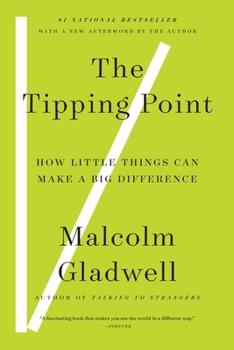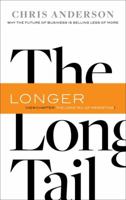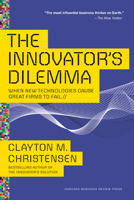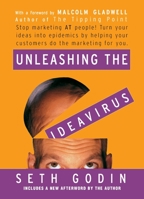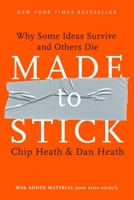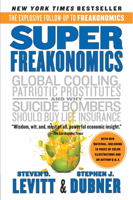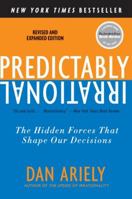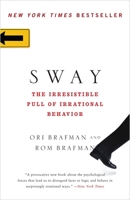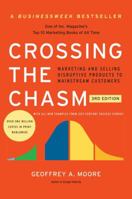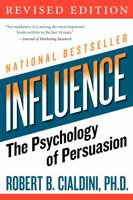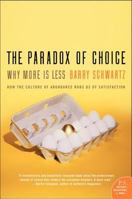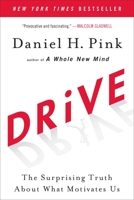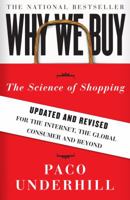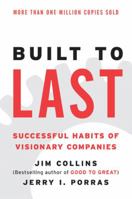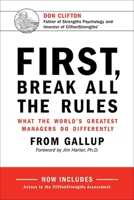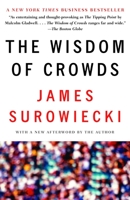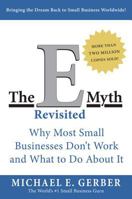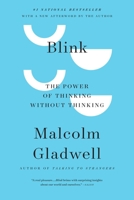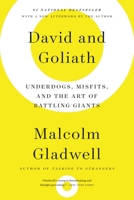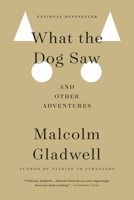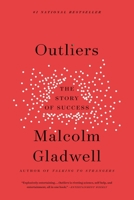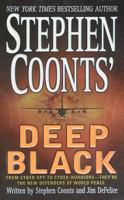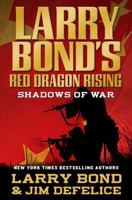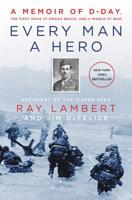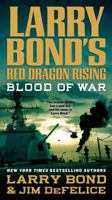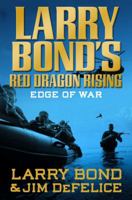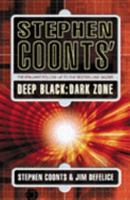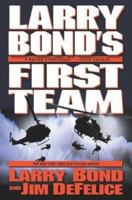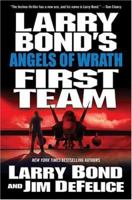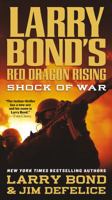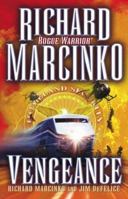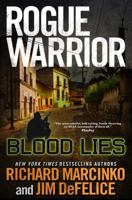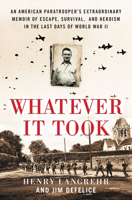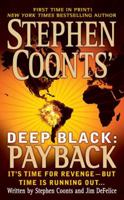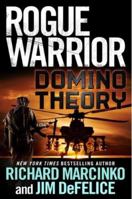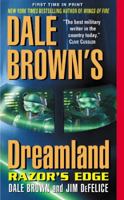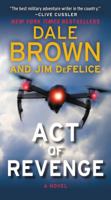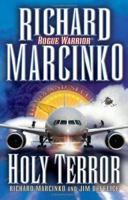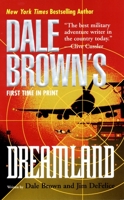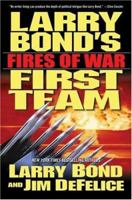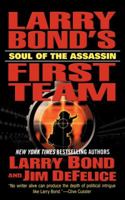The Tipping Point: How Little Things Can Make a Big Difference
Select Format
Select Condition 
You Might Also Enjoy
Book Overview
Customer Reviews
Rated 1 starsItem Not as Described
Book was presented as hardcover came as paperback. Unethical seller
0Report
Rated 5 starsLearning How to Grow Faster from the Metaphor of Epidemics!
Tipping points are those places where geometric increases follow, that are temporarily unbounded by other limits. For example, when lily pads cover a little more than half of a pond, the rest of the pond's surface will soon follow. That last doubling will cause almost more surface to be covered than all of the prior growth, but will take only a fraction of the time. Although this book focuses on tipping points, it is...
6Report
Rated 5 starsA thought provoking, interesting and potentially useful book
This relatively short book is a very pleasant surprise. Usually I am quite skeptical of new theories and concepts that attempt to explain human behavior, since the thinking, embedded in pompous language, often proves shallow and the primary goal seems simply to grab attention and book sales. Instead I found Gladwell's book well written, fast paced, interesting and thought provoking. Subject to translating its ideas successfully...
4Report
Rated 5 starsBrings 'Sticky' Ideas to a Nexus
I read this book in part of one day - it's a good, quick read. Unlike some of the people who didn't care for the book - I never read the New Yorker article. It may be that the book doesn't add enough new info to excite folks who have read that article. But to me the book threw out a good number of new ideas and concepts very quickly and very clearly. I found his ability to draw a nexus between things that, on the surface...
2Report
Rated 5 starsGreat Insights into Mass Behaviors
Despite an earlier reviewer poo-pooing this book for shallow insights, I beg to differ. This book is a fascinating and original take on what makes people behave in a certain way en masse. Tying together Paul Revere, Hush Puppies and many other very accessible ideas makes this book, that is in some ways very academic, read like a thriller. I read it in three sittings. It has an impact on several levels. One, as a marketer,...
3Report











